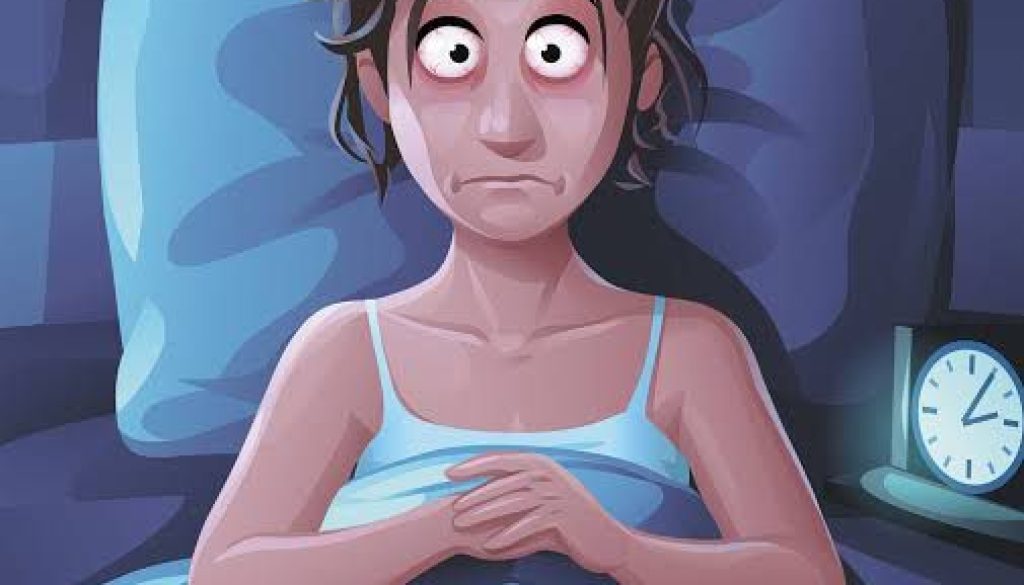Insomnia: The Silent Sleep Thief
Insomnia is a common sleep disorder that affects millions of people worldwide. It is characterized by difficulty falling asleep, staying asleep, or getting quality sleep, despite adequate opportunities to do so. Insomnia can be acute or chronic, and its effects can be far-reaching, impacting not only sleep but also overall health, mood, and daily functioning.
Causes of Insomnia
Insomnia can be caused by a variety of factors, including:
1. Stress and anxiety: Stress and anxiety can make it difficult to fall asleep and stay asleep.
2. Poor sleep habits: Irregular sleep schedules, consuming caffeine and electronics before bedtime, and creating an uncomfortable sleep environment can all contribute to insomnia.
3. Medical conditions: Chronic pain, sleep apnea, restless leg syndrome, and other medical conditions can disrupt sleep patterns.
4. Medications: Certain medications, such as those used to treat depression, ADHD, and high blood pressure, can interfere with sleep.
5. Lifestyle factors: Working late shifts, traveling across time zones, and engaging in stimulating activities before bedtime can all contribute to insomnia.
Symptoms of Insomnia
The symptoms of insomnia can vary from person to person, but common symptoms include:
1. Difficulty falling asleep
2. Waking up frequently during the night
3. Waking up too early in the morning
4. Feeling tired, groggy, or unrefreshed upon waking
5. Difficulty concentrating or paying attention
6. Mood disturbances, such as irritability or anxiety
Consequences of Insomnia
Insomnia can have significant consequences on daily life, including:
1. Impaired cognitive function: Insomnia can affect attention, memory, and decision-making skills.
2. Mood disturbances: Insomnia can contribute to depression, anxiety, and irritability.
3. Increased risk of accidents: Drowsy driving and workplace accidents are common consequences of insomnia.
4. Weakened immune system: Chronic insomnia can weaken the immune system, making it harder to fight off infections.
5. Reduced quality of life: Insomnia can affect relationships, work performance, and overall enjoyment of life.
Treatment Options for Insomnia
Fortunately, there are several treatment options available for insomnia, including:
1. Cognitive-behavioral therapy for insomnia (CBT-I): A non-pharmacological approach that helps individuals change their sleep habits and thoughts.
2. Sleep aids: Over-the-counter or prescription sleep aids can help individuals fall asleep and stay asleep.
3. Relaxation techniques: Techniques such as deep breathing, progressive muscle relaxation, and mindfulness meditation can help reduce stress and anxiety.
4. Lifestyle changes: Establishing a consistent sleep schedule, creating a relaxing sleep environment, and avoiding stimulating activities before bedtime can all help improve sleep quality.
Conclusion
Insomnia is a common sleep disorder that can have significant consequences on daily life. By understanding the causes, symptoms, and consequences of insomnia, individuals can take the first step towards seeking treatment and improving their sleep quality. With the right treatment approach, individuals can overcome insomnia and enjoy a restful and refreshing sleep.



